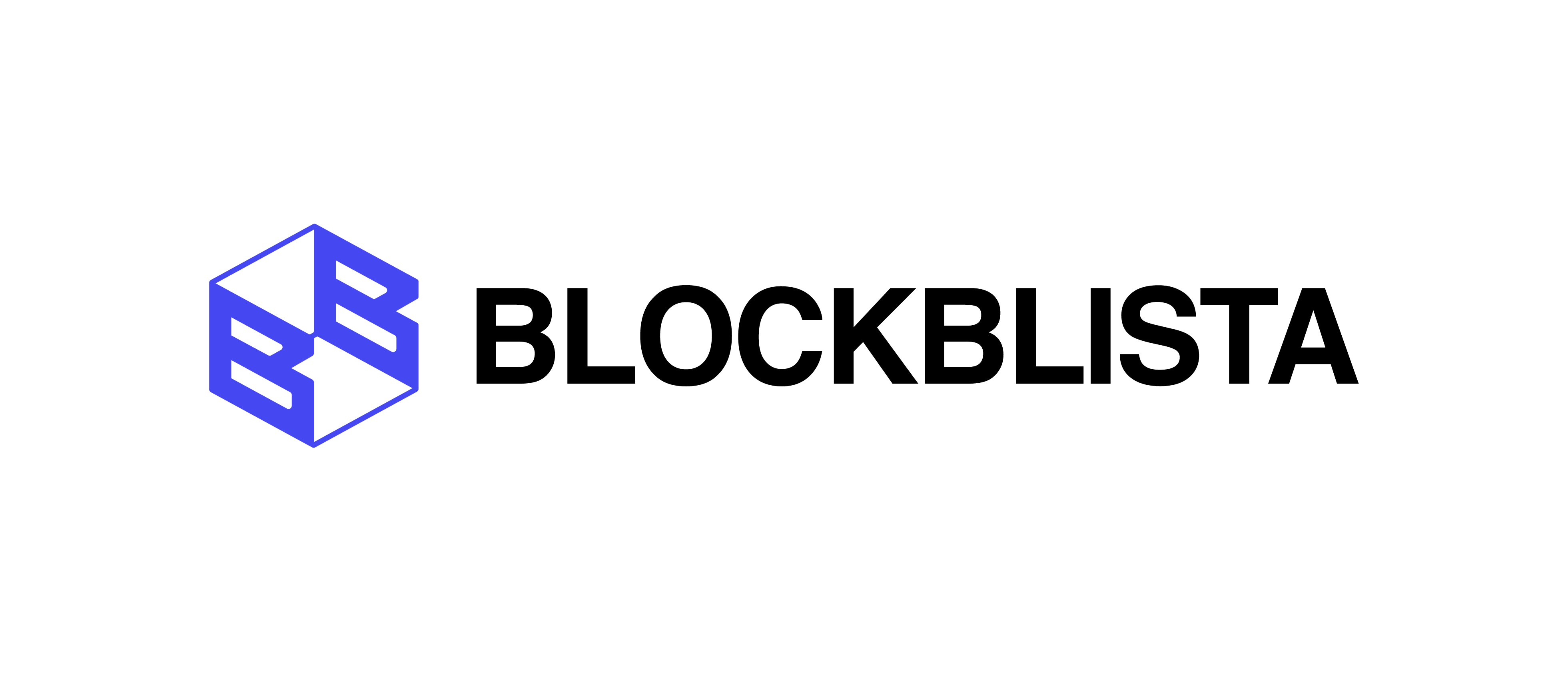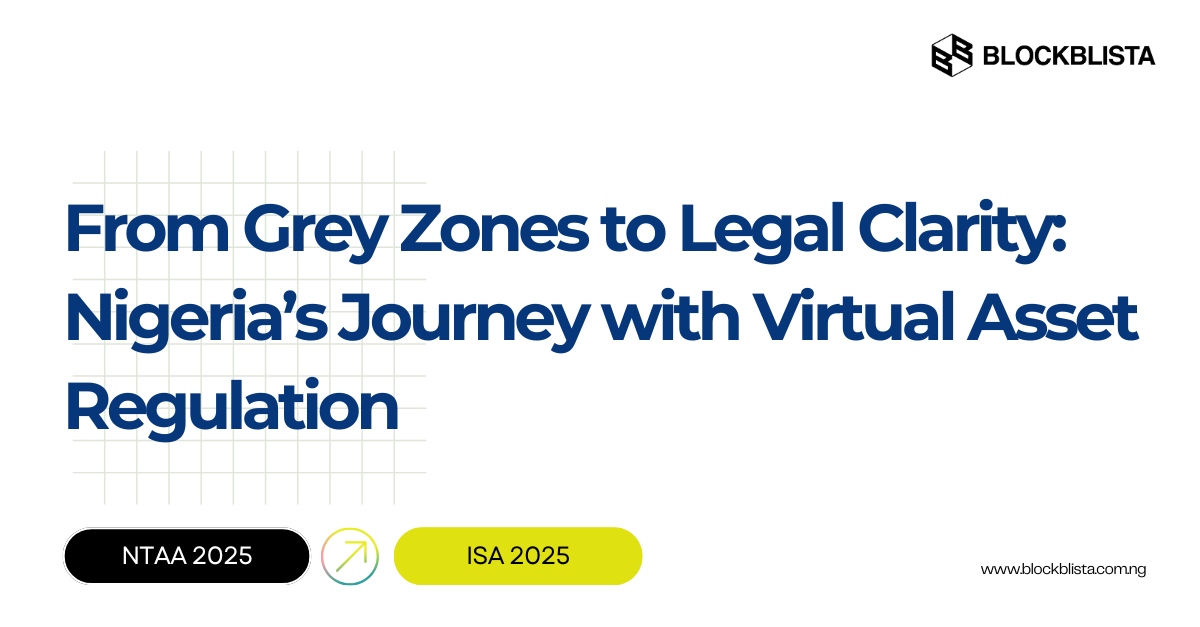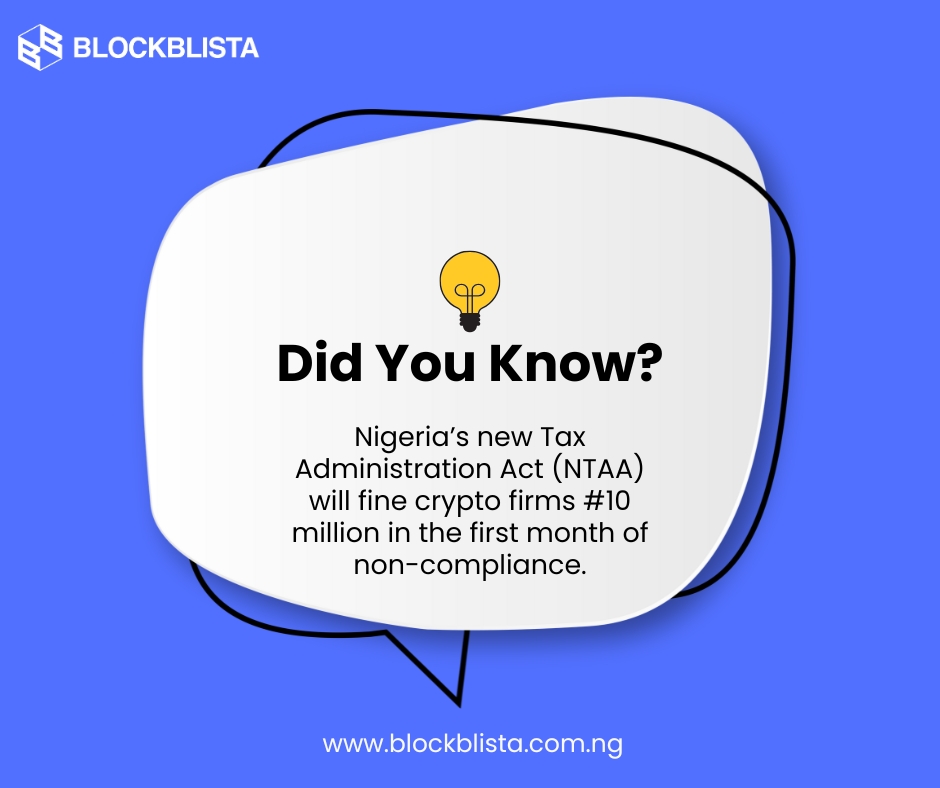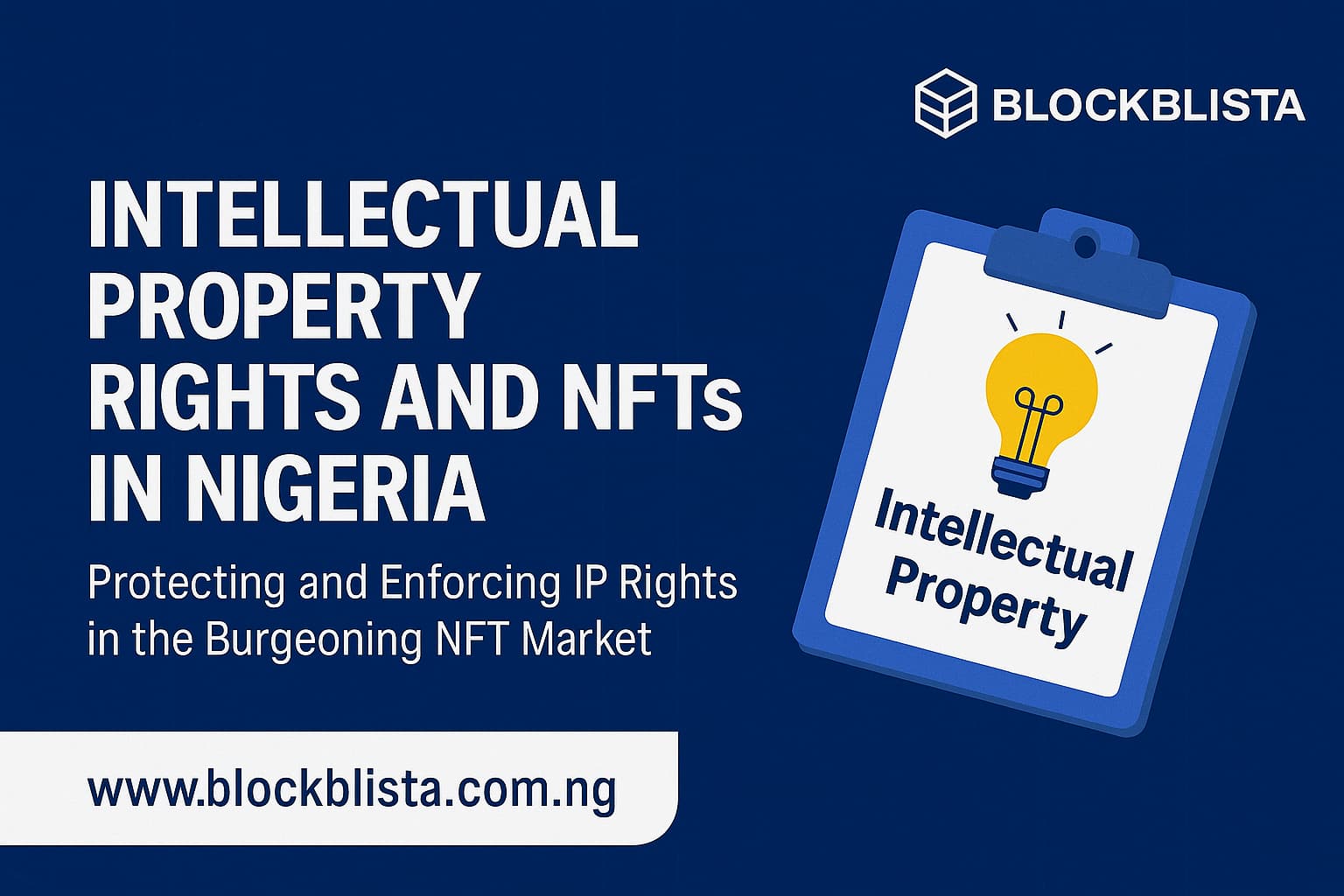If you trade, hold, or build in crypto, this affects you!
The Nigerian government is set to introduced a new tax rules for digital assets, including cryptocurrencies, NFTs, and tokenized assets. This means that individuals, traders, and Web3 businesses may now have to pay taxes on crypto transactions.
The changes are part of the Finance Act, 2023 which aims to regulate digital assets like crypto under Nigeria’s tax laws. While enforcement is still evolving, it’s important for everyone in the Web3 space to understand how these rules might impact them.
What’s Changing?
The Nigerian government is looking to formalize taxation for crypto transactions, which means profits made from buying and selling crypto may now be subject to Capital Gains Tax (CGT). This means that if you sell your crypto for a profit, you might owe a percentage of that profit to the government.
For businesses operating in the Web3 and blockchain space, there may soon be requirements to report digital asset transactions for tax purposes. Exchanges, NFT marketplaces, and token projects could be required to comply with financial reporting regulations to ensure transparency.
One of the biggest concerns is the potential penalties for non-compliance. While these tax laws are still developing, ignoring them could result in fines or restrictions in the future as Nigerian authorities increase oversight on crypto platforms and digital asset businesses.
How This Affects You
If you are a crypto trader or investor, you may need to pay Capital Gains Tax (CGT) on any profits from selling crypto assets. This means keeping track of all your crypto trades and earnings is now more important than ever.
For Web3 startups and blockchain businesses, compliance with tax laws may become necessary. If your project involves token sales, staking rewards, NFTs, or DeFi transactions, you should be prepared for potential tax obligations in Nigeria.
Even NFT creators and collectors may be affected, as profits made from selling NFTs could fall under the category of taxable digital assets. If you create or trade NFTs, you should start keeping records of your transactions to avoid surprises when tax enforcement begins.
What You Can Do Next
- Stay Informed: The tax landscape for crypto in Nigeria is still evolving. Web3 businesses and investors should follow regulatory updates to avoid compliance issues.
- Keep Records of Crypto Transactions:Tracking your crypto trades, earnings, and NFT sales will be essential for future tax filing and financial reporting.
- Consult a Legal or Tax Expert: If you are running a Web3 startup or crypto business, getting professional legal advice now can help you avoid penalties and ensure compliance with Nigerian regulations.
At Blockblista, we specialize in helping Web3 projects, investors, and businesses in Nigeria navigate the evolving legal and tax landscape. If you need guidance on how these tax rules apply to your crypto activities or Web3 project, we’re here to help. Contact us directly via:




